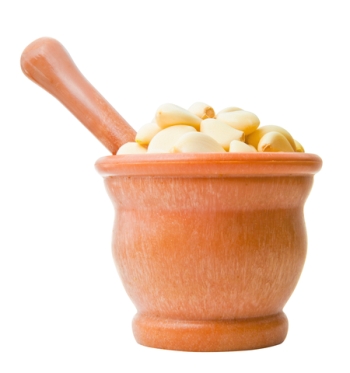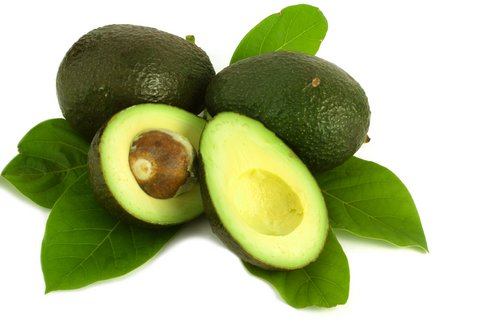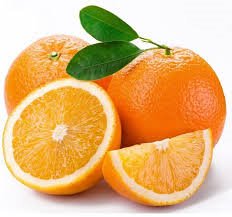NATURAL REMEDIES FOR ALZHEIMER'S
"Let food be your medicine and your medicine be your food. Each one of the substances in a person's diet, acts upon the body and changes it in some unique way, and upon these changes the whole life depends, whether in health, in sickness or convalescent."
Hippocrates 2 000 years ago.
- What Is Alzheimer's.
- Early Signs of Alzheimer's.
- What is the Difference between Alzheimer's and Dementia?
- Herbs for Alzheimer's
- Fruits for Alzheimer's
Welcome to Home Remedies Haven. Com, your ultimate guide to natural solutions for managing Alzheimer's.
As we navigate the challenges of this condition, we emphasize the crucial role of family support in creating a compassionate and understanding environment.
Natural remedies have been used for centuries as a means to promote health and well-being, harnessing the healing power of nature to address a wide range of ailments. These remedies often involve the use of herbs, essential oils, and other plant-based ingredients, offering holistic approach to health that aligns with the body's natural processes.
In this guide, we will explore various natural remedies that can be easily invorporated int your dai;yu routine, providing gentle yet effective soltionns to comm
Join us on a journey of kindness and tolerance, where home remedies and heartfelt care go hand in hand to improve the quality of life for those affected by Alzheimer's
What is Alzheimer's?
|
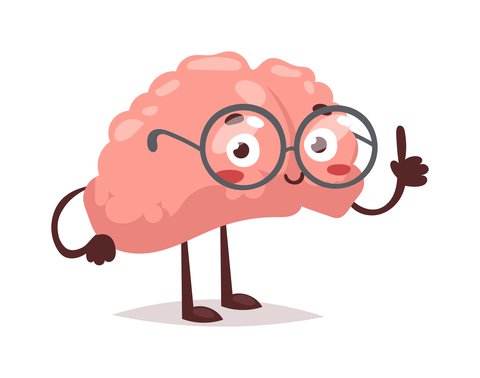
|
Early Signs of Alzheimer's
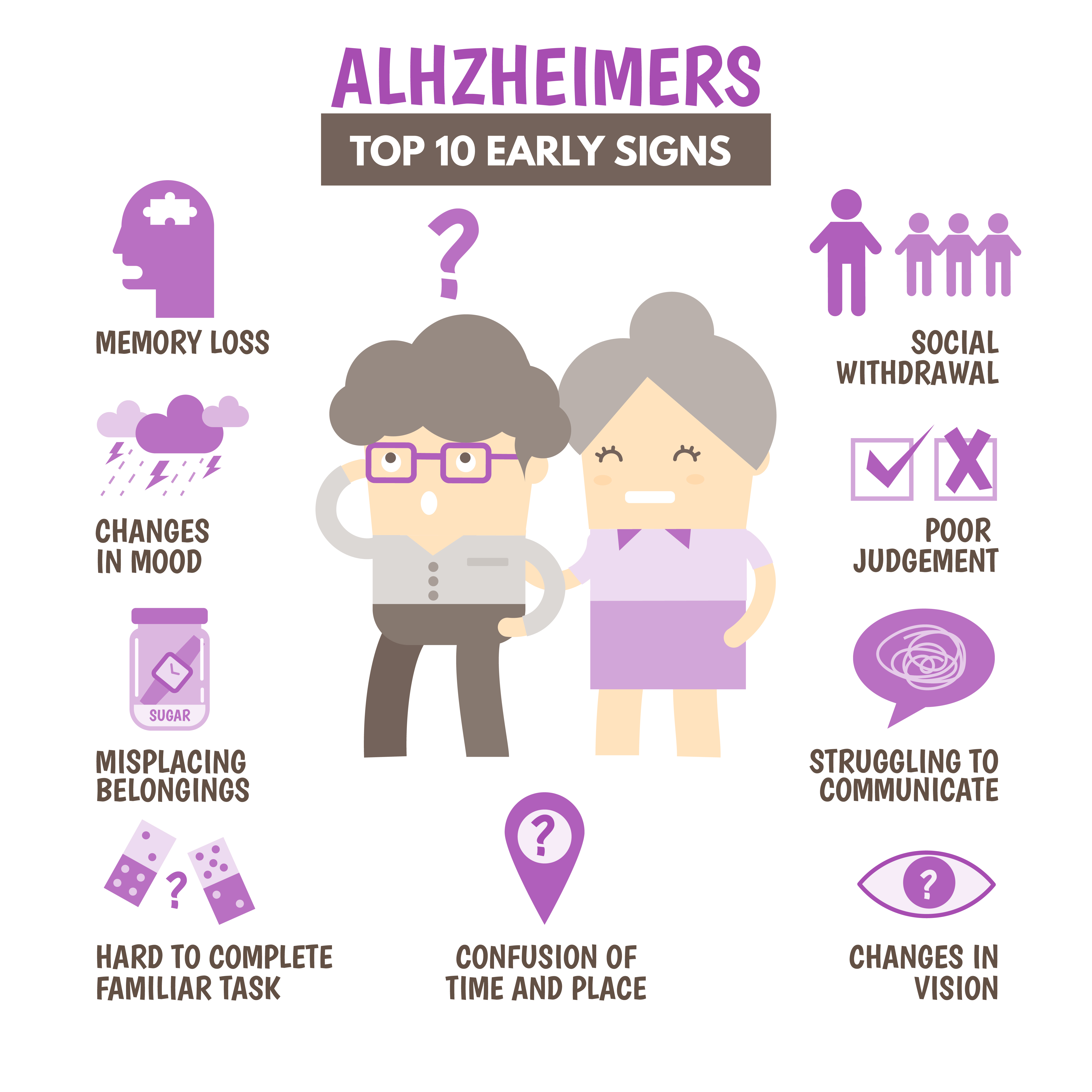
What is the Difference between Alzheimer's and Dementia?
Dementia is a general term used to describe a decline in cognitive function that interferes with daily life. It is not a specific disease, but rather a group of symptoms that can be caused by various conditions including Alzheimer's disease.
Alzheimer's disease is a specific type of dementia and is the most common cause of dementia on older adults.
While Alzheimer's disease is a characterized by the accumulation of plaques and tangles in the brain, other types of dementia may be caused by different factors such as vascular issues, Lewy body disease, front temporal dementia or other medical conditions,
In summary, Alzheimer's disease is a specific type of dementia, but not all dementia cases are due to Alzheimer's disease.
What to Watch Out For
Alzheimer's may develop gradually which would make it almost impossible to diagnose and could be mistakenly assumed that the behavior is part of the aging process.
My Father had Alzheimer's and I experienced the slow downslide of the disease.
Memory Loss
- This will happen gradually, and not easy to pick up, and identify as Alzheimer's, as it is possible that it is just one of the things that happen as we age.
Misplacing Things
- It will start slowly and as the disease progresses, the misplacing of things like keys and the cel phone increases, and becomes an issue.
Disorientation
- A person with dementia will have difficulty finding their way to a familiar place or feel confused about where they are, or think they are back in some past time of their life.
- I was sooooo sad one day when I heard my Dad asking my mom "who is the nice lady"(that was me) when I was visiting.
Language Problems
- A person with dementia will forget simple words, or substitute inappropriate words, making sentences difficult to understand.
Poor Judgement
- A person with Alzheimer's will walk out into a rainy day without a rain jacket, which is an example of poor judgement.
Difficulty with Tasks
- People with Alzheimer's would feed the dog (for example), a handful of medication or a flower from the garden as a treat.
Mood, Personality or Behavior Changes
- We all have sad or moody times, but the Alzheimer's patient can have rapid mood swings for no apparent reason.
- They can become confused, suspicious or withdrawn.
Changes in Abstract Thinking
- Managing finances can be difficult for anyone, but a person with dementia may have trouble knowing what the numbers mean or what do with them.
The early signs of dementia are very subtle and vague and may not be immediately obvious and they also vary a great deal from person to person.
If any family member or friend that you are concerned about, has several of the above warning signs of dementia, you should consult a doctor for a complete assessment.
Now take a look at the various herbs and fruits that can help and soothe the lives of those living with Alzheimer's
Herbs for Alzheimer's
|
HAWTHORNE
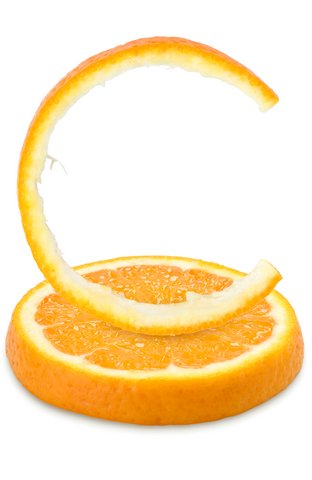 Vitamin C Vitamin C |
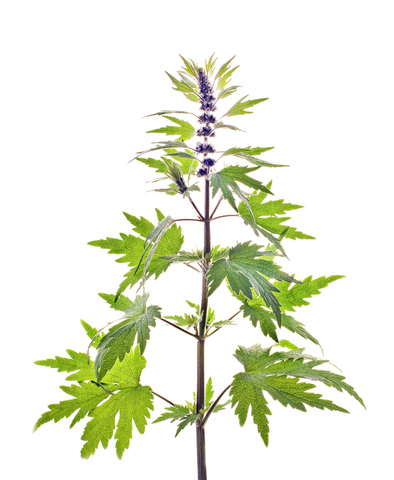 Hawthorne Hawthorne
|
|
ROSEMARY
|
|
|
|
GARLIC
|
|
LEMON BALM
|
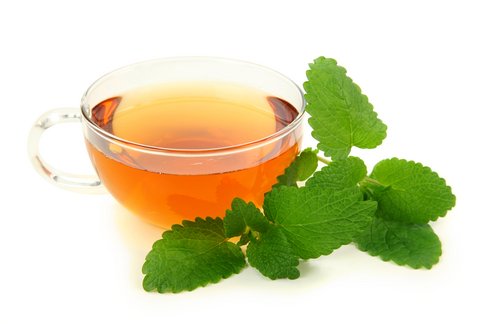 Lemon Balm Lemon Balm
|
|
Selenium can be found in:
|
SELENIUM
|
|
GINKGO BILOBA
|
 Ginkgo Biloba Ginkgo Biloba |
- Ginkgo works in the brain to reduce the progression of dementia probably by reducing white blood cell infiltration in the brain.
- It also has powerful antioxidant properties in the brain, the retina of the eye, and the cardiovascular system. This activity may help prevent free-radical damage and age-related declines in brain function.
Fruits for Alzheimer's
|
BLUEBERRIES
|
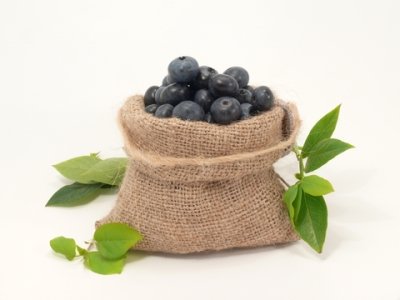 Blueberries Blueberries |
|
|
AVOCADOS
|
|
ORANGES
|
|
APPLES
|
|
BANANAS
|
|
Incorporating natural remedies like avocados, ginkgo, apples and bananas into your daily routine can be a powerful way to support brain health and potentially slow the progression Alzheimer's disease.
By making simple yet impactful changes to your diet and lifestyle, you can take proactive steps towards maintaining cognitive function and overall well-being.
Explore the healing power of nature's gifts and empower yourself on the journey to better brain health.
IMPORTANT NOTICE
Home Remedies Haven would like to reassure all the visitors to our site, that we respect your privacy and do not in any way sell personal information.

